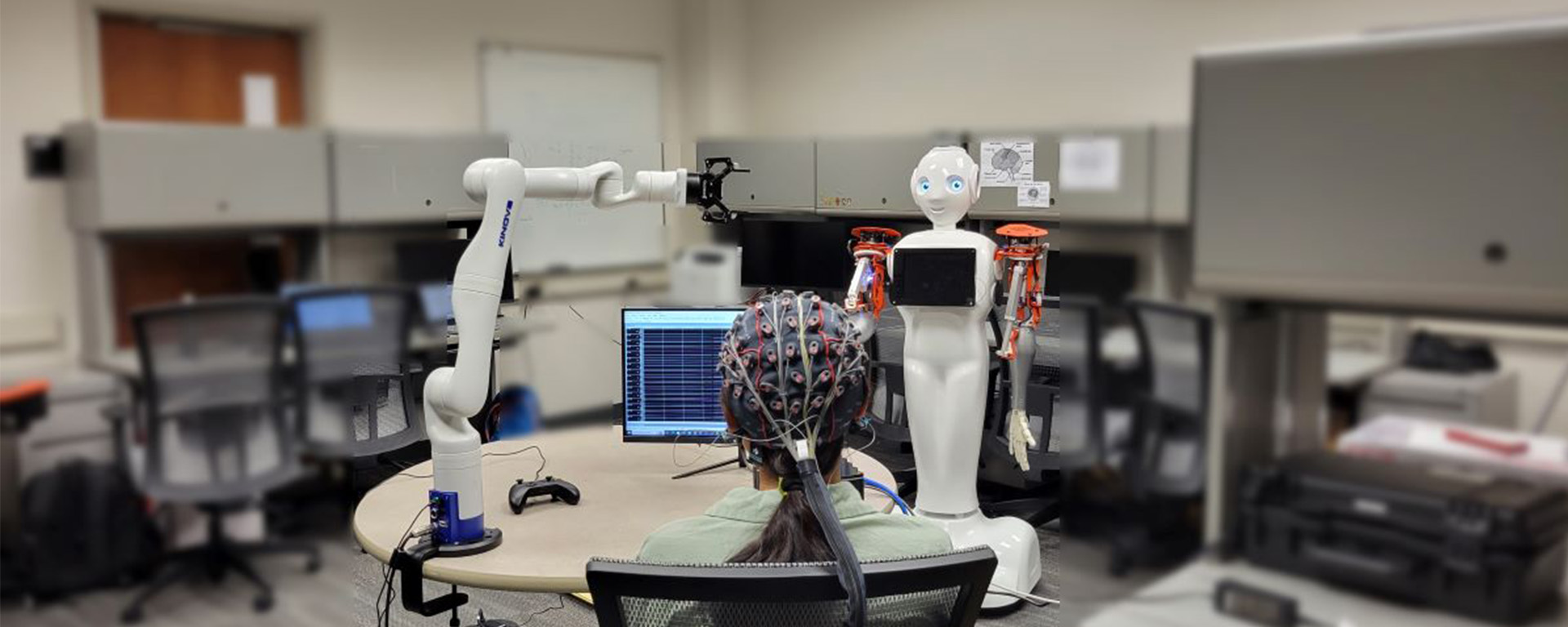
Disability is becoming a leading healthcare concern because of the increase in survivable trauma and an aging population. Millions of adults live with neurological disorders, brain injury, mental illness, limb loss or paralysis. There is a need for accessible technologies that can more effectively address the care and rehabilitation needs of these patients. However, innovation in neurotechnology faces several challenges: The pace of innovation exceeds the rate of evaluation for acceptable performance; standards for the validation of safety, efficacy, and reliability of neurotechnology are lagging; current technologies are costly, limiting their deployment for treatment of disabilities; and the need to train new generations of physicians and engineers in emerging technologies steadily increases. The Industry University Cooperative Research Center for Building Reliable Advances and Innovations in Neurotechnology (BRAIN) will address the above challenges. The Center’s vision is built on a convergent research approach to the design and validation of reliable, ethical, patient-centered neurotechnologies and their use in understanding neural systems. BRAIN leverages wide-ranging expertise from neural, cognitive and rehabilitation engineering to neurorobotics, neuromodulation, and ethical artificial intelligence to enhance the rate of development and empirical validation of new neurotechnologies through partnerships with industry and other strategic partners.
I/UCRC BRAIN website: Industry University Cooperative Research Center for Building Reliable Advances and Innovations in Neurotechnology
Read more about I/UCRC BRAIN in UMBC News | Contact I/UCRC BRAIN.